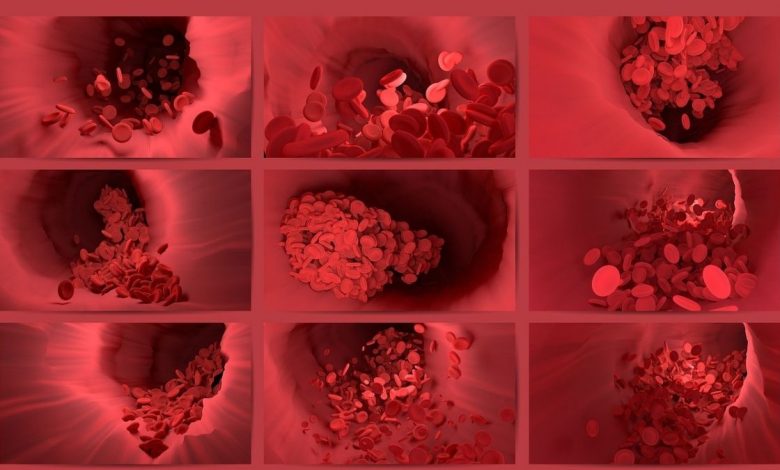Consumption of alcohol behind early ageing of blood vessels, study finds

As people become older, their arteries become stiffer and less elastic. This process is speeded up due to Alcohol consumption, which is related to a higher risk of heart attack and stroke
NEW DELHI — According to a recent study published by the European Society of Cardiology, drinking alcohol during adolescence and young adulthood is linked to early ageing of blood vessels, a precursor to cardiovascular disease.
As per the researchers including Mr. Hugo Walford, a medical student at University College London, UK, there are some indications of a graded rise with heavier consumption, indicating that the more you drink, the higher the increase in arterial stiffness.
Other predisposing variables for heart disease, as per the study, were not found to explain the connection, suggesting that hazardous behavior during this time had a direct impact on vascular health.
Early ageing of blood vessels is accelerated by Alcohol, smoking
People’s arteries naturally stiffen as they age and become less elastic, which is linked to an increased risk of heart disease and stroke.
Arterial stiffness can be accelerated by certain behaviors, with smoking cigarettes and drinking alcohol, for example, being associated to cause stiffer arteries in teens as per earlier studies.
Because young adulthood is a key era for the start and extensive use of smoking and drinking, this study examined changes in arterial hardening between the ages of 17 and 24, and also the connection between these behaviors.
Categorization of subjects for the research
The study conducted by Avon Longitudinal Study of Parents and Children (ALSPAC) comprised 1,655 individuals (aged 17 to 24). At the ages of 17 and 24, participants were tested for alcohol and smoking, and the findings were pooled.
The researchers categorized Alcohol use like this: Never, medium (4 drinks or less on a typical day), and high (more than 5 drinks on a typical day). On the other hand, smoking was categorized as never, past, medium (less than 10 cigarettes a day), and high (10 or more cigarettes daily).
At the ages of 17 and 24, arterial stiffness was measured using a non-invasive approach known as carotid-femoral pulse wave velocity, which is a reliable and independent predictor of future cardiovascular disease, particularly in young individuals.
The researchers looked at the relationship between smoking and drinking behaviours between the ages of 17 and 24, and changes in vascular hardening. Body mass index, blood pressure, low-density lipoprotein (LDL) cholesterol, blood glucose, and C-reactive protein were all measured at age 24 and adjusted for age, sex, and socioeconomic level (a measure of inflammation).
Alcohol consumption between the ages of 17 to 24 was classified as follows: Never, medium, and high in 7%, 52%, and 41% of participants, respectively. Smoking during that time was categorised as never, past, medium, and high in 37 per cent, 35 per cent, 23 per cent, and 5 per cent of participants, respectively.
Findings show artery diseases surge with smoking, alcohol consumption
Arterial stiffness (early ageing of blood vessels) rose by 10.3% on average from 17 to 24, with women experiencing a somewhat higher rise than males. With consequent increase in the average alcohol score, arterial stiffness rose. With the average smoking score, there was no discernible increase in arterial stiffness.
While high-intensity smokers showed a statistically greater surge in arterial stiffness compared to never smokers, this was only true in females. Ex-smokers and never-smokers had similar changes in arterial stiffness between the ages of 17 and 24.
The findings show that young drinkers and young women who smoke heavily suffer from artery disease. Both never smokers and ex-smokers, however, exhibited similar changes in arterial hardening, suggesting that stopping smoking at this young age can restore vascular health.
Binge drinking is common among students, and a significant surge in e-cigarette usage is posing a threat to the UK’s declining smoking prevalence. Young individuals could assume that drinking as well as smoking have no long-term consequences. However, these findings suggest that these habits may set young people on a life-course path that begins with early ageing of blood vessels and progresses to heart disease and stroke.







